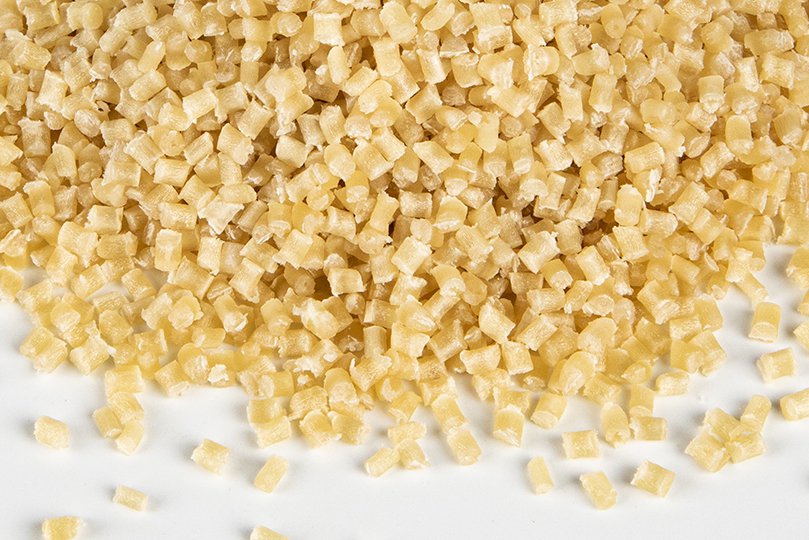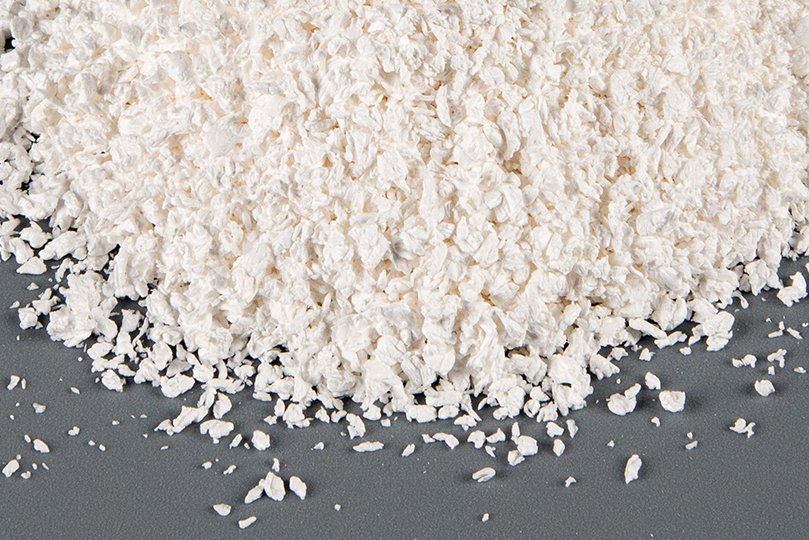Polyethersulfone (PES) resin is a high-performance thermoplastic polymer that has become essential in various industrial applications, particularly in healthcare, biotechnology, and filtration systems. Its remarkable properties, including high thermal stability, chemical resistance, and mechanical strength, make it an ideal material for demanding environments. In this article, we will explore the structure of PES resin, how it is chemically prepared, and its compatibility with various chemicals to help users understand its optimal applications and limitations.
Polyethersulfone is an amorphous, transparent thermoplastic polymer that exhibits exceptional resistance to heat, chemicals, and oxidative environments. It is typically a pale amber color and can maintain its dimensional stability over a broad temperature range, making it especially useful in applications that require exposure to extreme temperatures, such as medical and industrial equipment. PES's ability to resist high temperatures and harsh chemicals, combined with its transparency and mechanical properties, places it among the most versatile engineering plastics available today.
The strength and stability of PES are largely due to its unique chemical structure. Chemically, polyethersulfone is known as Poly(oxy-1,4-phenylenesulfonyl-1,4-phenylene), which describes its polymer backbone made up of repeating aromatic rings linked by ether and sulfone groups. These aromatic rings, often derived from biphenyl or phenol groups, form a stable and rigid structure. The ether linkages provide flexibility during processing, while the sulfone group enhances PES's thermal and oxidative stability.
This structure is similar to that of polyetherketone (PEK), with the key difference being that in PES, the sulfone group replaces the carbonyl group found in polyetherketone. The bond between the sulfone and ether linkages is highly thermally stable, allowing PES to maintain its integrity even at temperatures as high as 200°C. This stability makes PES particularly suitable for use in high-temperature applications, such as in medical instruments that require regular sterilization.

Polyethersulfone is produced through the polymerization of specific monomers. A common method for synthesizing PES involves nucleophilic substitution reactions, where phenoxide ions react with fluorosulfone or chlorosulfone to form the polymer. For example, reacting disodium bisphenol salt with dichlorodiophenyl can yield PES and sodium chloride as byproducts. This process allows manufacturers to create large quantities of PES resin, which can be further processed into various forms, such as films, sheets, and molded components.
One of the standout properties of PES is its excellent chemical resistance, which is critical in industries like healthcare and biotechnology. However, it’s important to understand the specific chemicals that PES is compatible with, as well as those that may cause degradation.
Polyethersulfone is highly resistant to a wide range of chemicals, making it suitable for use in environments where it may come into contact with aggressive substances. Some chemicals PES is resistant to include:
These resistances make PES an ideal material for applications that involve the handling of chemicals, such as filtration membranes, medical devices, and industrial machinery.

While PES has excellent resistance to many chemicals, it does have limitations. Some chemicals that PES has limited resistance to include:
These substances may cause gradual degradation of PES, affecting its long-term performance. Therefore, while PES can be used in some applications involving these chemicals, it is important to monitor exposure and avoid prolonged contact.
Certain chemicals can severely damage polyethersulfone, breaking down its molecular structure and rendering it unsuitable for use in most applications. These include:
Contact with these chemicals should be avoided at all costs, as they can compromise the integrity of PES and cause premature failure in applications.
The outstanding thermal, mechanical, and chemical properties of PES resin make it suitable for a wide variety of industrial and medical applications. It is commonly used in:
Polyethersulfone (PES) resin is a versatile and highly durable thermoplastic polymer, making it indispensable in a wide range of applications, particularly in the medical and biotechnology industries. Its remarkable chemical resistance, high thermal stability, and mechanical strength allow it to perform reliably even in the most demanding environments. However, understanding its chemical compatibility is crucial for ensuring optimal performance and longevity. By avoiding exposure to damaging chemicals and selecting appropriate applications, users can leverage PES’s unique properties to their advantage, ensuring that the material continues to deliver superior performance over time.
At Shengwen,we specializes in high-performance engineering plastics like PPSU, offering customized solutions for industries including food, healthcare, and aerospace. With a focus on quality and innovation, Shengwen ensures reliable products for demanding applications.
By continuing to use the site you agree to our privacy policy Terms and Conditions.